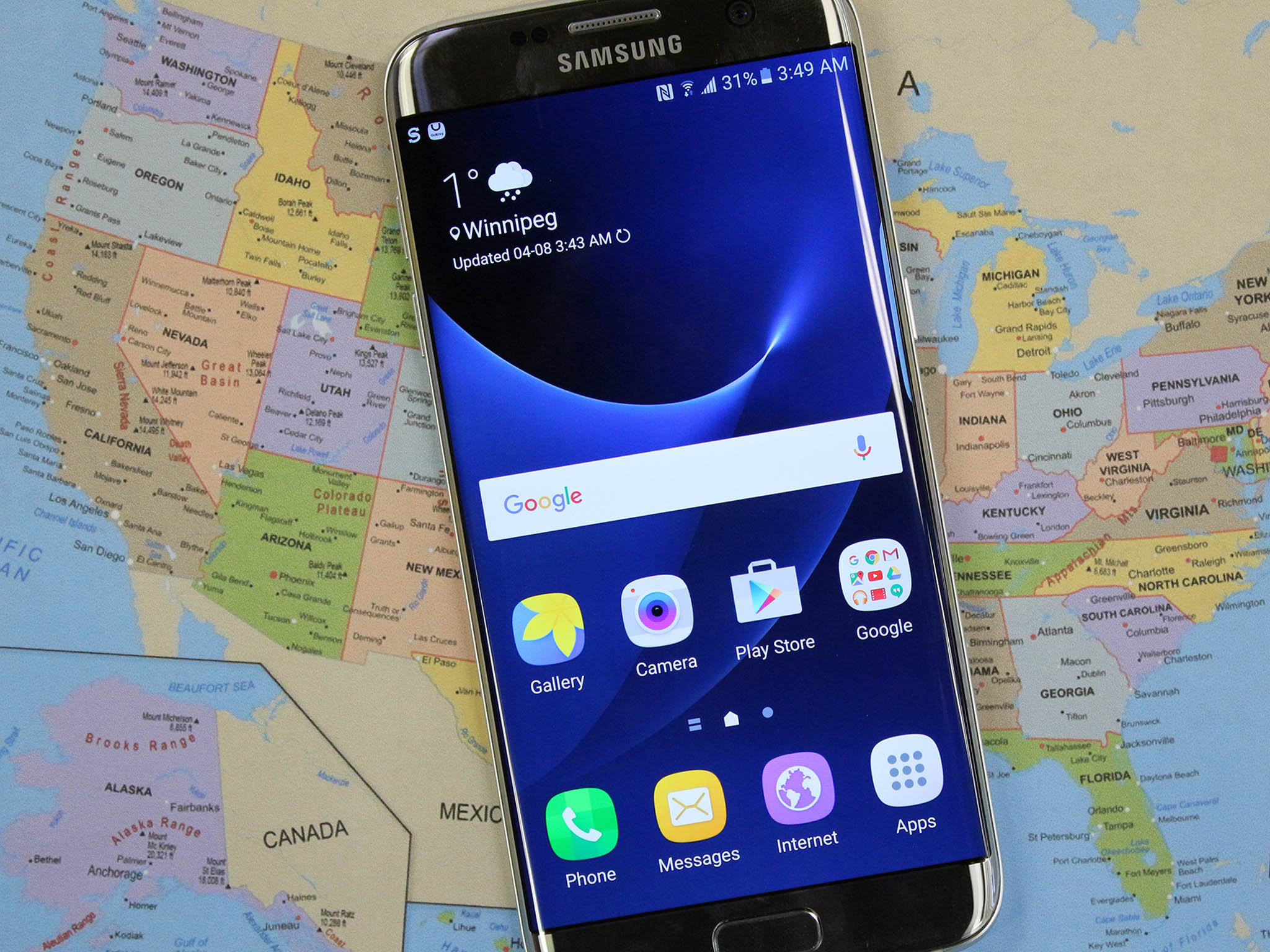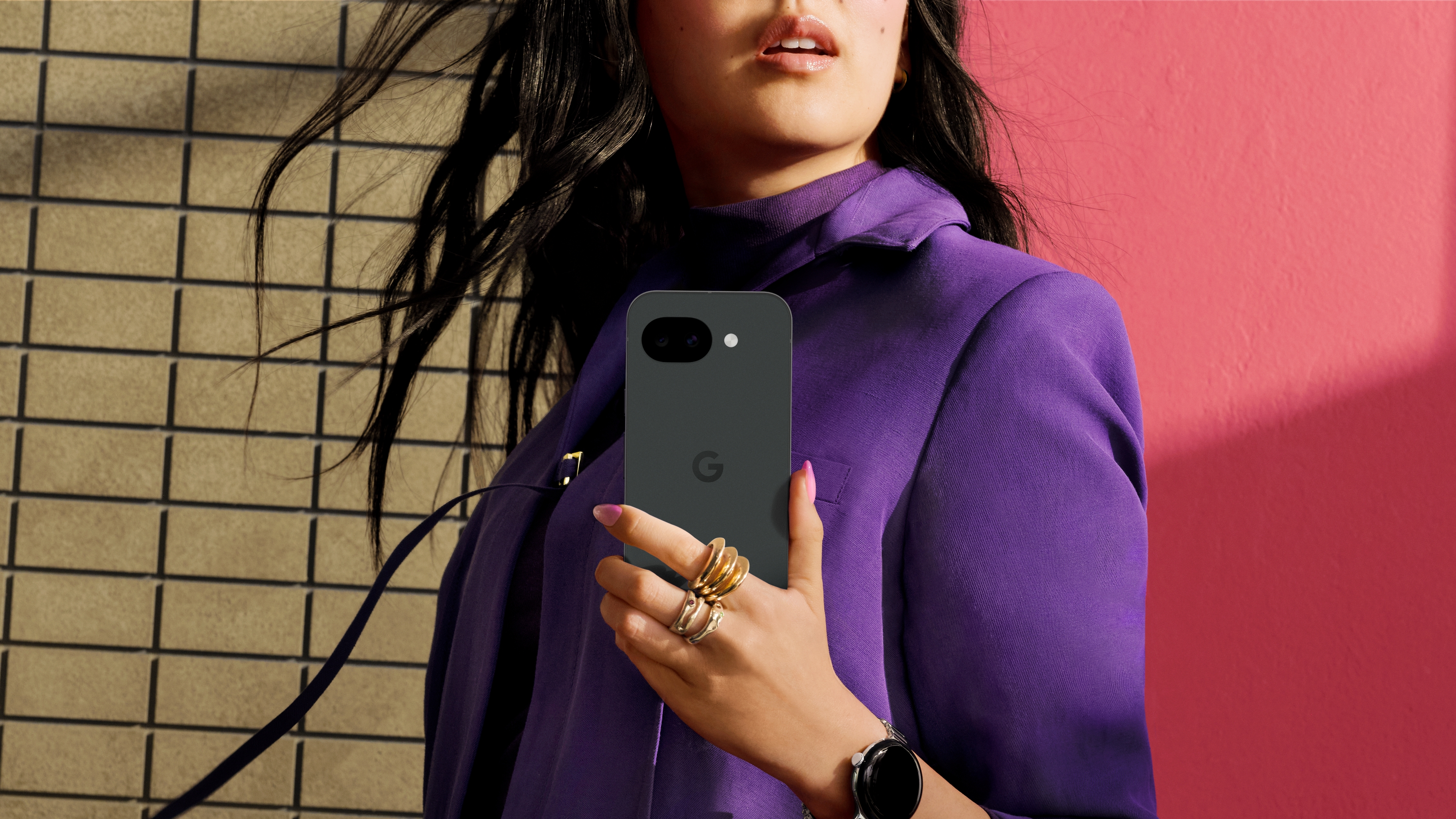What should I consider before purchasing a wireless plan?

Get the latest news from Android Central, your trusted companion in the world of Android
You are now subscribed
Your newsletter sign-up was successful
A wireless plan is a lot like a good pair of jeans. When they fit perfectly you barely even know you are wearing them. However, when they are uncomfortable, fading, and full of holes it leaves you feeling frustrated.
The real question you need to be asking yourself is what do you need out of a phone plan? Someone who uses their cell phone primarily for calling people is going to have very different needs than someone who plans on streaming music constantly on their phone.
Note: This is a broad overview of various details involving wireless plans. Your location will play a big part of what carriers offer in terms of rates and plans.
Coverage
The first thing is to make sure that wherever you live has proper cell phone coverage. For most city-dwellers, the major service providers in your country will probably have coverage in your area. But, for people who live in rural areas you may not be so lucky. Be sure to check on your local carrier's coverage map — usually located on their website — to see which carriers offer the best coverage in your location.
Minutes
Anytime you make a voice call you use up minutes equal to the amount of time you are on the phone call. So a 15 minute call costs you 15 minutes. These minutes usually cover domestic calls only — international calls usually are charged separately with different rates.
Most carriers offer a variety of options when it comes to how many minutes you get a month, but many are moving to simply offering unlimited minutes on all postpaid plans. Some carriers even offer a pay-per-minute option that can be useful to customers who don't spend a lot on the time talking on the phone.
Data
For a lot of people data is what matters most. Data is used anytime your phone accesses the internet without the use of Wi-Fi. So things like Facebook, Google Maps, and Apple Music, will all use data if you aren't connected to a Wi-Fi network.
Get the latest news from Android Central, your trusted companion in the world of Android
Data is tracked typically in megabytes (MB) and gigabytes (GB), and carriers will make you pay for data on a monthly basis. If you go over your limit of data, you will pay overage charges. They are expensive, so it's important you pick the right amount of data.
For example, if you're paying $80 a month in order to have 10GB of data, but you are only ever using 4GB a month that's a telltale sign that you could find a plan to fit your needs better. The same thing applies if you are constantly going over your monthly data limit. If you find yourself going over the 10GB every month, that $80 bill of yours could easily turn into $200 fast. Some data plans from certain carriers even allow you to share data between multiple devices, which could be a great option for families.
Special offers
Buying a cellphone plan is not an insignificant thing and shouldn't be taken lightly. Some carriers know this, and will use it to their advantage, offering special services or features for discount prices, or even free. These special offers can usually make one carrier more appealing to people than another.
Some examples of promotions or special offers:
T-Mobile (U.S.): Offers free music streaming with platforms like Apple Music, Spotify, and Pandora. So any data you use streaming music off of those select services won't cost you anything.
Bell (Canada): Gives you a tons of neat extras when you buy a Samsung device. Things like 3 months free of Google Play Music Premium and some free app downloads.
O2 (UK): With the O2 Refresh program you can upgrade your phone anytime. Which is a luxury not all carrier will offer.
Understanding the terms
When you buy a cell phone plan, typically you have to sign some sort of agreement. It's the standard legal mumbo-jumbo that you get will at most carriers, but there is one thing you do need to think about before signing on that dotted line. The length of your contract is super important to consider, because if you sign a two-year or three-year contract you are stuck in it for that long, with few exceptions. Don't get fooled when a company tells you that you can get a phone for "free." Those types of deals usually require you to lock-in to a certain type of contract for a certain amount of time. Even if the carrier allows you to buy-out your contract or you choose to use a service like Gazelle you are always going to have to buy the device you have plus any money still left on your contract, which can get expensive. Luckily for consumers, a lot of markets — including the U.S and Canada — have started to shy away from the longer contracts in favor for shorter contact terms.
The Bottom Line
Buying a phone plan is no small feat, and you should tread carefully. We suggest thinking about what you need in a phone plan and then going out and checking all of the carriers in your area to compare their rates. Depending on the phone you want and the carrier you go with you can either be happy as a clam, or as sad as polar bear for the next two years or so of your life.

